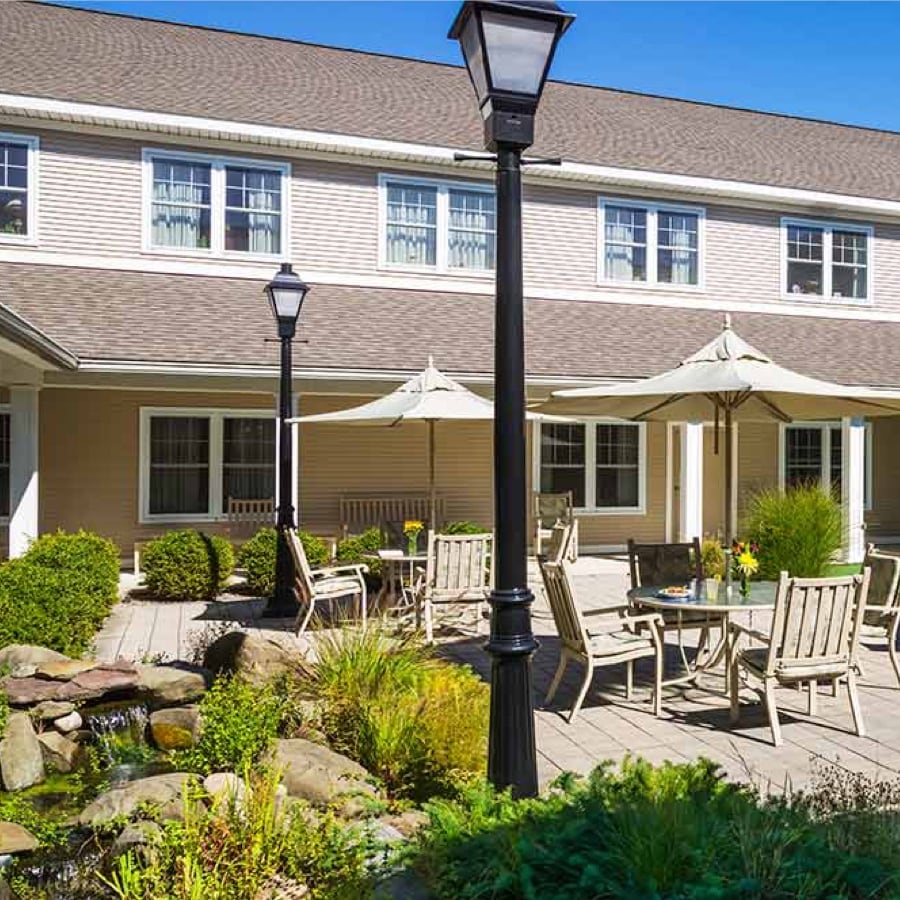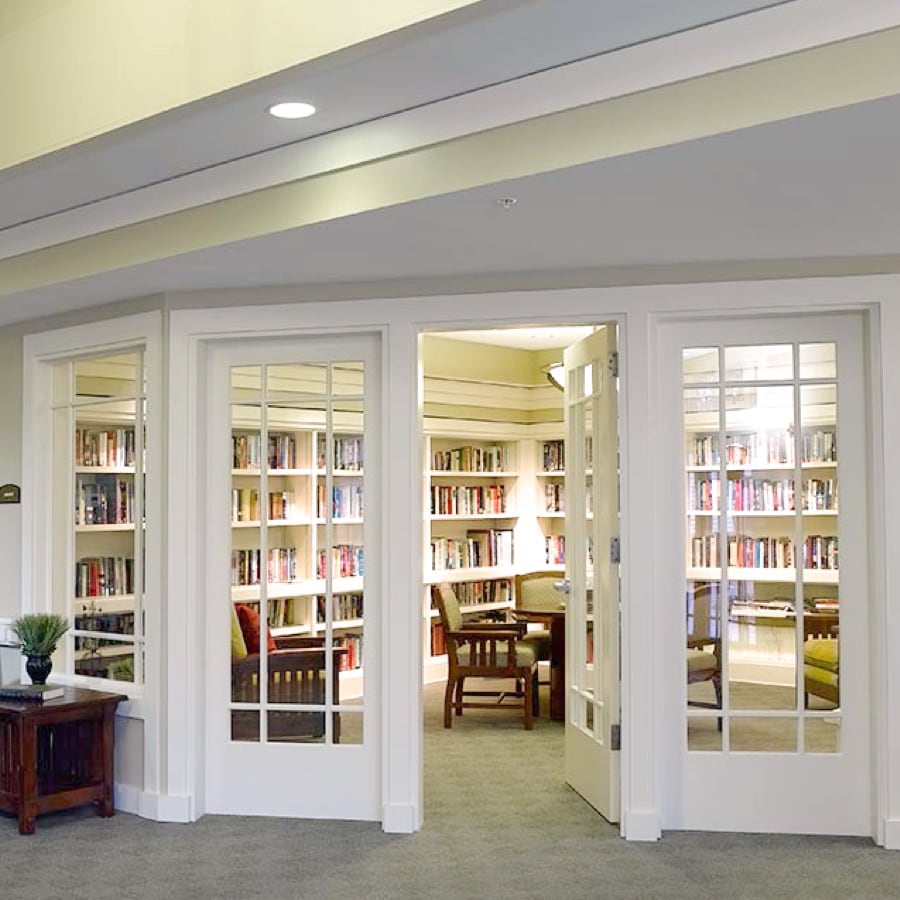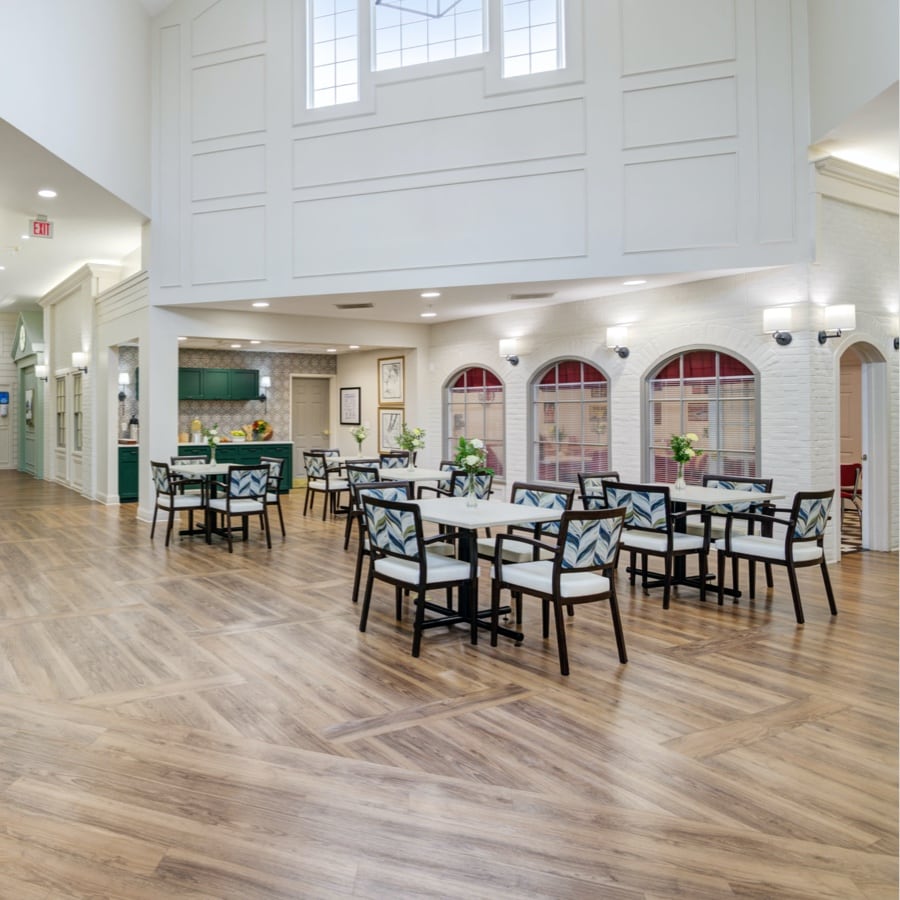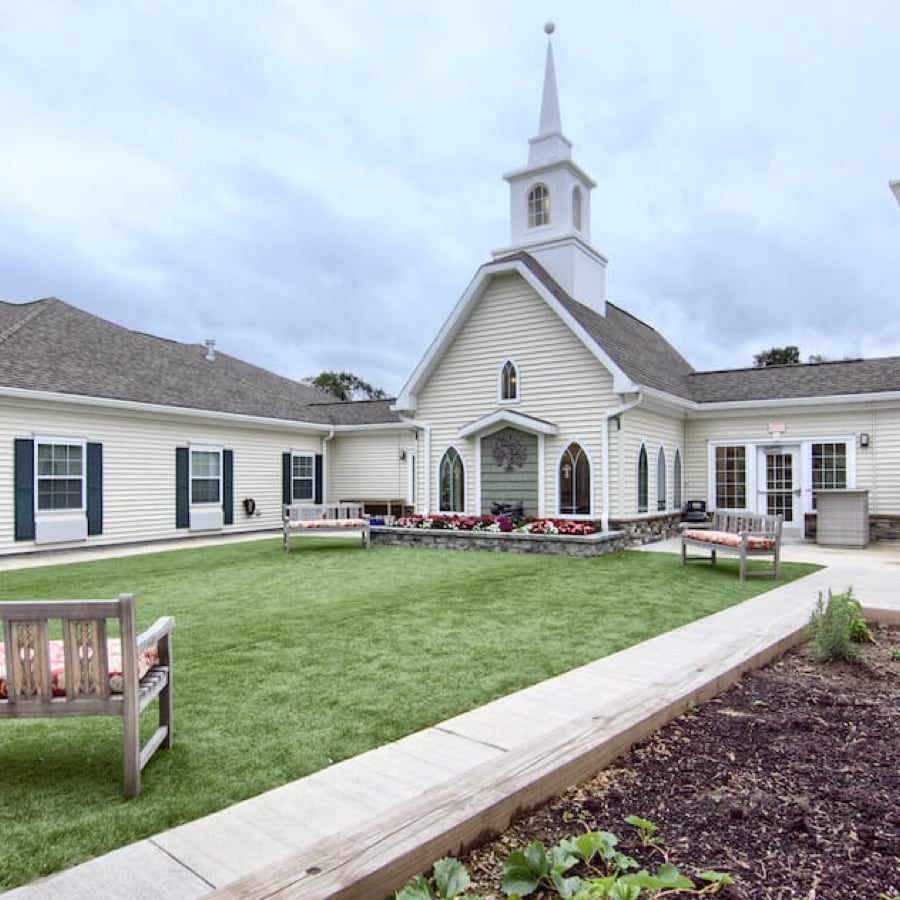As a caregiver to a loved one, you take great pride in knowing they can depend on you to help make daily living a little easier. You provide them with groceries, companionship, rides to and from doctor appointments, and much more. But, what happens when the burden of being a caregiver gets to be too much? How do you know it’s time to look at other options?
It can be a challenge to admit when you can no longer handle the needs of your loved one on your own. But, being responsible for your loved one’s well-being also means admitting when you need help. Use our list of seven signs to help you make the right decision about assisted living for your loved one’s future.
Seven Signs it’s Time to Consider Assisted Living
- A recent accident or close call. If your loved one has recently experienced a fall or medical scare while alone, how long did it take for you to get to them? As people age, the likelihood of these occurrences increase, and you can’t always be there to help.
- Difficulty with activities of daily living. While it’s perfectly acceptable for you to help your loved one with some tasks of daily living, when things progress to your loved one needing help with getting dressed, managing medications and keeping track of time, you might want to consider a move to an assisted living community.
- Chronic health conditions that are worsening. Dementia, Alzheimer’s and heart disease can all lead to gradual decline. When you notice changes in your loved one’s behavior, it is a strong signal they might need more help than you can provide alone.
- Significant weight loss or weight gain. It can sometimes seem like your loved one is doing fine on their own, but when you take a closer look you may notice some changes. Weight loss or weight gain is a definite sign that your loved one is not getting the proper nutrition they need on a daily basis. It could also be a sign of a more serious health condition.
- A loss of interests or hobbies. As people age, it’s more important than ever that they stay physically, mentally and socially active. If you notice your loved one starting to withdraw from things they previously loved, you might want to dig deeper into the problem.
- Unopened bills, mails and letters. As a caregiver, it can be a burden to keep up with all the bills and mail your loved one receives. If you notice they are failing to stay on top of finances and paperwork, you might need to step in and find help.
- The burden on you, as a caregiver, is getting too heavy. Oftentimes, it’s easy to ignore the stress and frustration that comes with being a caregiver because your intentions are good. However, if you’re finding you no longer have time to keep up with your own life, there is nothing wrong with seeking help. An assisted living community for your loved one allows you to go back to being a son, a daughter, a friend or a companion – instead of just a caregiver.
Exploring Options for Assisted Living
One of the most important things you can do when you start to see some of these signs in your loved one is to start a simple conversation. Find out what your loved one thinks about the possibility of assisted living and schedule an in-person tour of a local community. You will be surprised by how much easier the process becomes when you take a hands-on approach to exploring assisted living.
Peregrine Senior Living offers an enriching aging experience for our residents. Our life-affirming culture sets us apart from other nearby assisted living communities in the area. We strongly encourage continued growth, exploration and learning for all our residents. That’s the Peregrine Way®, and you will only find it here at our memory care community.











